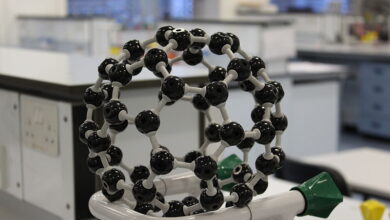Do You Need Cardiology Care?

Heart disease is a silent killer. It can happen without symptoms until you experience a major health problem like a heart attack or stroke. This is the reason you need to determine your risk factors as soon as possible, recognize early signs, and seek preventative treatment from a doctor. Experts know the significance of detecting and diagnosing heart disease early. That is why they often recommend consultations with a doctor because they may suggest that their patient sees a cardiologist.
If you have a family history of heart disease, you must not delay a visit to a cardiologist. A cardiologist like Dr. Vinod Kumar will put together a risk profile, examine your heart and circulatory function, as well as conduct low-level testing to check for calcium deposits that indicate coronary disease. They will also evaluate other risk factors such as smoking, high cholesterol, high blood pressure, sedentary lifestyle, and diabetes. If your cardiology evaluation presents normal results, you can have yourself monitored by your primary care doctor. If the findings are serious, your cardiologist will prescribe medication and require you to undergo long-term cardiology care.
Importance of Cardiology Care
Cardiology care is meant to prevent heart-related issues from developing. It involves a strong focus on the patient’s vascular or circulatory health. Diseases that impair the body’s blood vessels and veins can affect the heart and can only be detected through specialized testing. Your doctor must address symptoms such as leg discomfort, cramping, and fatigue.
Should You Consider Heart Care?
People who have a family history of heart disease and other risk factors like being overweight or smoking should seek preventative treatment. Although family history cannot be changed, those who have the following are great candidates for heart care:
- High cholesterol- Cholesterol is important for cell building in the body; however, too much buildup can pose a risk for heart disease. Too little good cholesterol or too much bad cholesterol can result in the buildup of cholesterol in the arteries’ inner walls. The arteries are what deliver oxygen-rich blood to the heart.
- High blood pressure- Hypertension is a silent killer since it can hit you without warning. Plus, your risk of hypertension increases if you have a family history of this condition or if you are at least 20 more pounds overweight.
- High blood sugar- Your doctor will test your blood sugar level to determine if you have diabetes, which increases your risk of developing heart disease. Studies show that diabetic adults are more likely to die from heart disease than those who do not have it.






